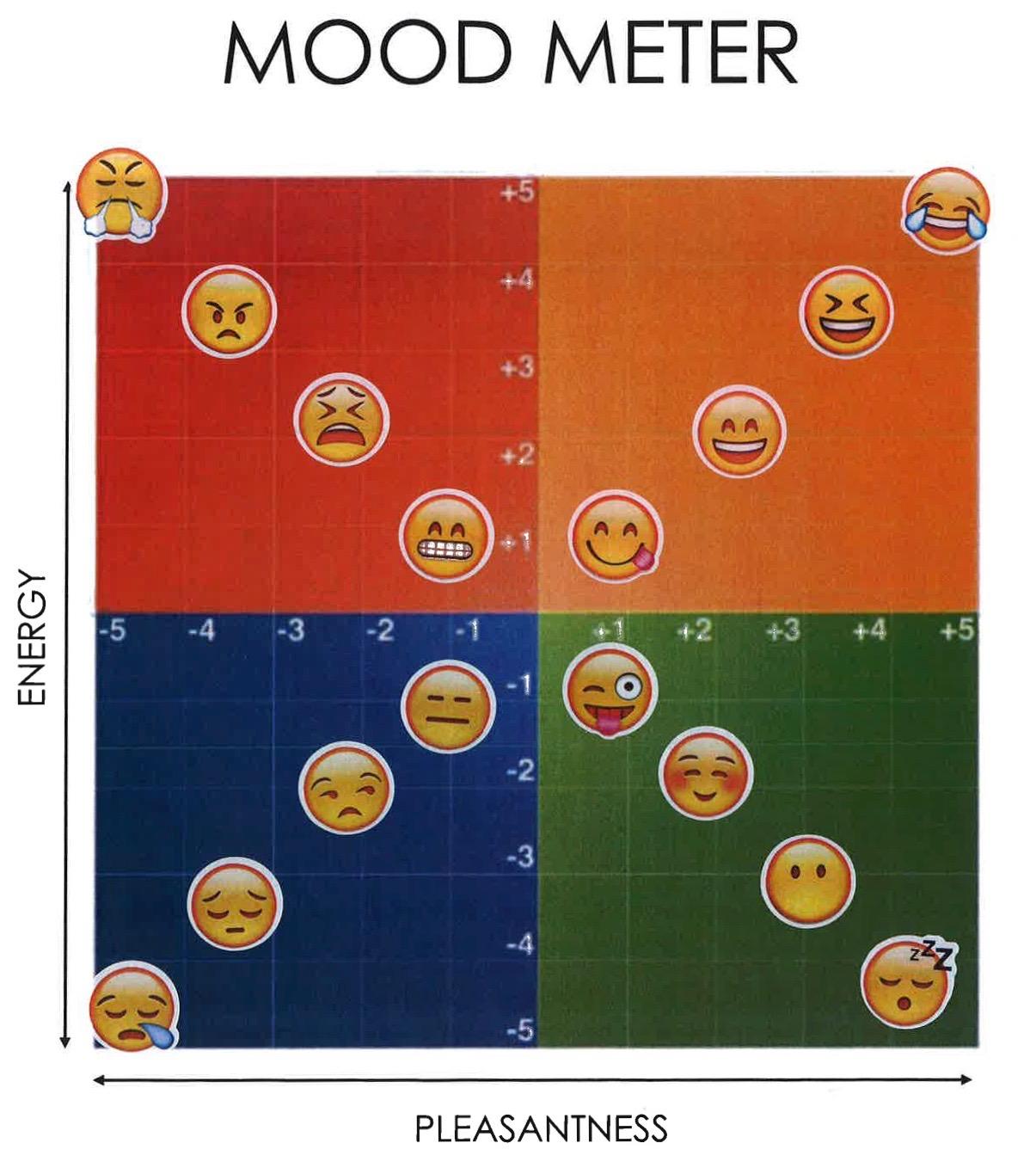 5 Reasons Schools Should Teach Emotional Intelligence
5 Reasons Schools Should Teach Emotional Intelligence
by Creason Jones, JGS FLEX Teacher
The concept of emotional intelligence (EI) is one that, until recent years, has been largely overlooked, especially in the American classroom. It wasn’t until American corporations realized how much a person’s emotional IQ was affecting the workplace and, consequently, the businesses they work for, that serious psychological research on the topic began. What researchers found was shocking. Studies showed that EI, and not a person’s IQ, was a much more consistent indicator of a person’s quality of relationships, financial success, and feelings of fulfillment with their life. Perhaps these results should not have been such a surprise, since it was already known that EI controls a person’s ability to recognize and manage emotions, as well as being the foundation for self-management, motivation, empathy, and social skills. Businesses have done well to seek out EI in their potential employees, and now it is time for schools to follow suit. Here are five of the best reasons why schools should increase the focus on teaching this important quality in our students:
- Deeper, more gratifying relationships. When a student can properly interpret a person’s emotional state, empathy is a natural consequence. This can be paramount in coming to an amicable solution during a disagreement or avoiding one altogether. Students also become more adept at negotiating, as they are able to better anticipate and understand the needs of others.
- A healthier state of mind. People who have higher emotional intelligence are able to process stressful situations in a healthier manner than those who don’t, and this tends to perpetuate a more optimistic view of life. This benefit alleviates anxiety, regulates mood, and directly correlates to a happier outlook on life.
- Improved physical health. Its common knowledge that sleep, diet, and stress levels have a large impact on a person’s physical wellness. The big secret is that emotional intelligence has a greater impact than any other factor. People with higher EI are able to better manage stressors as they occur on a daily basis, and that means better health. Lower stress levels leads to better eating and sleep habits, improving a person’s wellness even more.
- More effective leadership skills. A good leader is able to understand what motivates others and knows how to relate to them in a positive manner. Nobody is able to do these things better than someone with an elevated EI. A leader with a high emotional IQ can elicit better teamwork by recognizing the strengths and weaknesses of others, and can more intelligently group together people who will best complement one another.
- Greater success in life! Emotional intelligence gives a person mental fortitude and strong internal motivators. This means reduced procrastination, more consistent study habits, higher self-confidence, and sharper focus with tasks at hand, skills that will stay with students into adulthood. It also means they will be able to persevere towards a goal with more resiliency. The ability to overcome setbacks means that a student has a much greater chance of succeeding in the long run.
There is still much to be learned about emotional intelligence, but it is not too early for the educational system to begin implementing tools to develop it in our schools and with our students. Many institutions have already begun to add this to the curriculum, and they, like the students that are receiving this training, are ahead of the curve.

